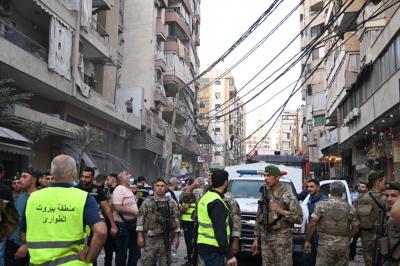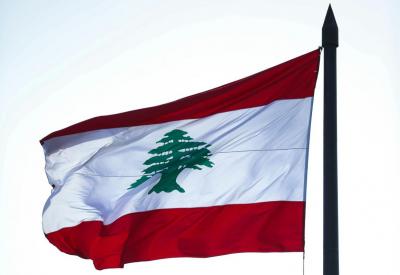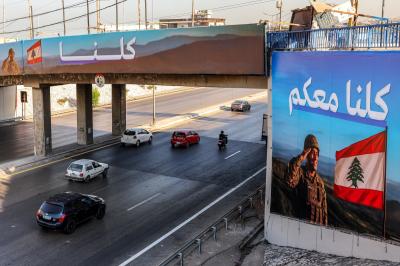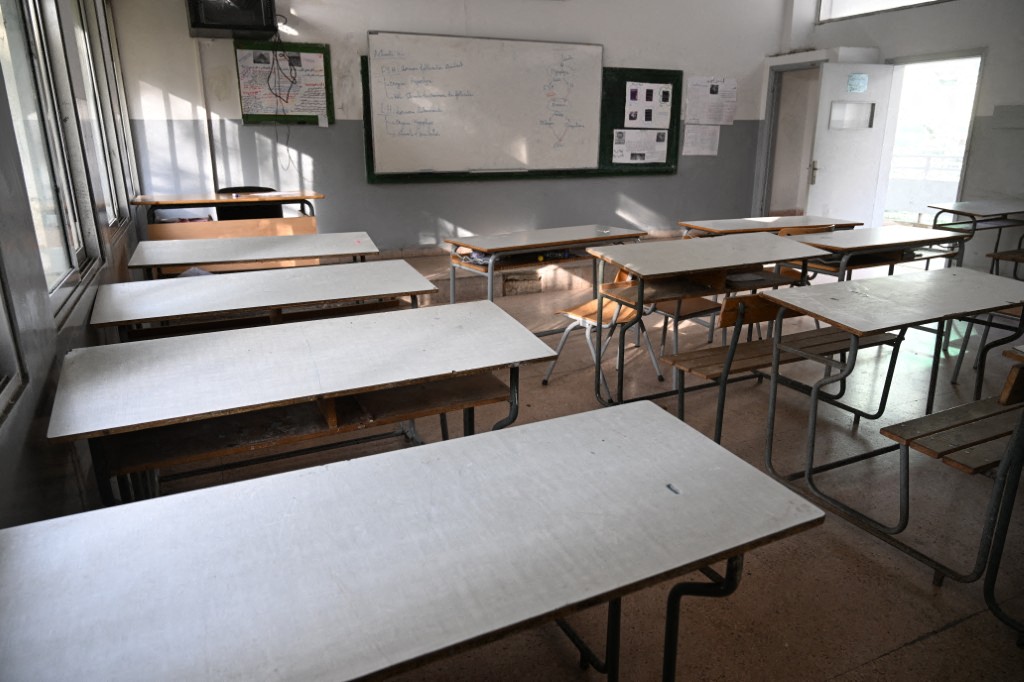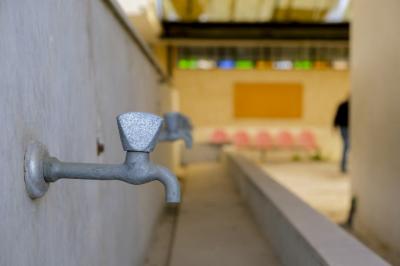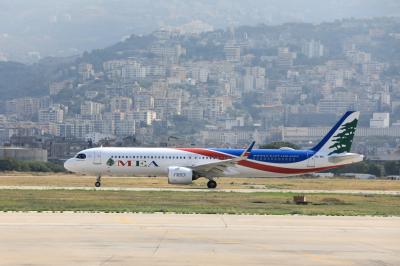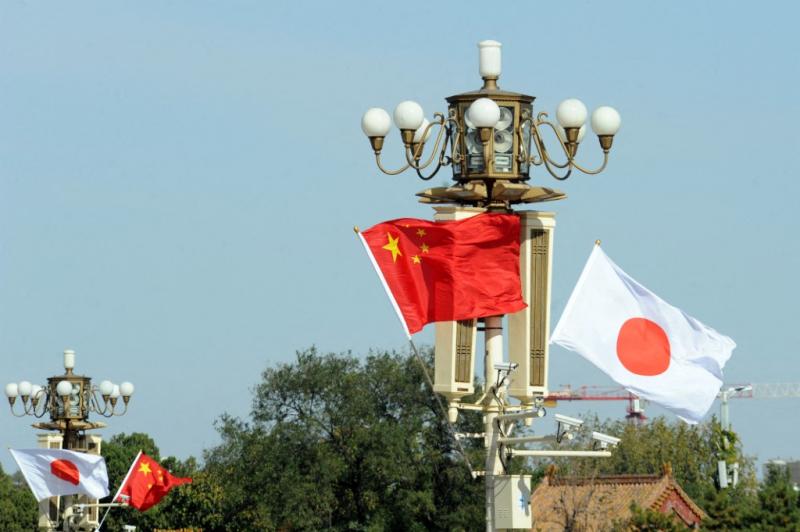Lebanon’s educational system is experiencing one of its deepest crises in decades—a crisis not only reflected in financial hardship and social pressures, but clearly visible in statistics that expose a fundamental imbalance between public and private education. Lebanon ranks third in the world in the percentage of students enrolled in private primary schools, with figures indicating that nearly 73% of students are enrolled in private education, while the number of students attending public schools continues to decline sharply.
This reality does not reflect a natural preference. Rather, it mirrors an educational system slowly disintegrating, and a public sector left to deteriorate while the private sector expands without restraint.
A Fragile Public Sector… Hit Repeatedly, Unable to Recover
For many years, public education in Lebanon has faced a series of structural crises: chronic neglect of infrastructure, mismanagement in the educational administration, weak government investment, and the absence of long-term planning.
But the most severe blow came after the economic collapse of 2019, which crippled the state’s ability to fund public schools and caused a massive exodus of qualified teachers. Then came the COVID-19 pandemic, exposing the sector’s fragility as a large number of public schools were unable to transition to digital learning. Most recently, the Israeli war on Lebanon inflicted yet another blow, especially in border areas where schools were shut down and students displaced.
All these factors pushed more families to withdraw their children from public schools and turn to private ones—despite skyrocketing tuition fees.
Private Education: A Rapid Rise… But at a Heavy Cost
The private sector capitalized on the state’s retreat and swiftly filled the gap. And while private schools played a crucial role in maintaining educational continuity, this came with several consequences: unprecedented tuition hikes, lack of meaningful oversight or regulation, vast disparities in quality among schools, and the transformation of education into a crushing financial burden for Lebanese families.
Parents paid the highest price. Torn between concerns for their children’s future and their loss of trust in public school standards, they found themselves forced to shoulder financial obligations far beyond their capabilities. Education is no longer a choice—it has become a social obligation that families feel compelled to meet at any cost, because the alternative—public schooling—has lost credibility.
What Do the Experts Say?
Several education specialists interviewed by Al-Safa News emphasize that these numbers are not just an educational indicator—they are a national alarm of the highest order. One researcher in educational policy summed up the situation:
“When private school enrollment reaches more than 70%, it means there is a fundamental failure in the role of the state, and a collapse of citizens’ trust in public education. Strong nations build their education systems around robust public schools. Lebanon is moving toward the opposite model—one that is dangerous and unsustainable.”
Experts also point out that the quality gap between public and private education widens every year, especially after the learning loss that hit the public sector more severely during recent crises. They warn that continuing on this path will turn education in Lebanon into a privilege reserved for wealthier groups, while public education becomes an “emergency refuge” that cannot guarantee equal opportunity.
How This Trend Affects Society
The decline of public education alongside the rapid expansion of private education has serious medium- and long-term consequences:
1. Widening class inequality
The higher the cost of education, the larger the gap between those who can afford it and those who cannot—undermining the principle of equal opportunity.
2. Threat to shared national identity
Historically, public schools were spaces where Lebanese from different regions and social backgrounds interacted. Their collapse deepens social fragmentation.
3. Loss of educational justice
Turning education into a commodity destroys its role as a basic right and ties a student’s future to their family’s financial capacity.
4. Weakening the state’s ability to shape educational policy
With fewer students in public schools, the state loses influence over curricula and the direction of the educational process.
5. A threat to economic development
A strong public education system is essential for building a skilled and equitable workforce. Its weakness today will affect the labor market and economy tomorrow.
The 73% Figure Is Not Just a Number… It Is a Message
The surge in private school enrollment to nearly 73% is not evidence of private sector strength—it is proof of a profound crisis in public education and of a school system losing its balance. Lebanon is quickly moving toward an educational model that is unjust, unsustainable, and incapable of guaranteeing an equal future for its children.
Reforming this reality must begin with reviving public schools:
through funding, proper management, curriculum development, infrastructure rebuilding, and strict oversight of private school tuition.
There can be no national recovery without an educational revival… and no strong education system without a strong public sector.
Please post your comments on:
[email protected]
 Politics
Politics
